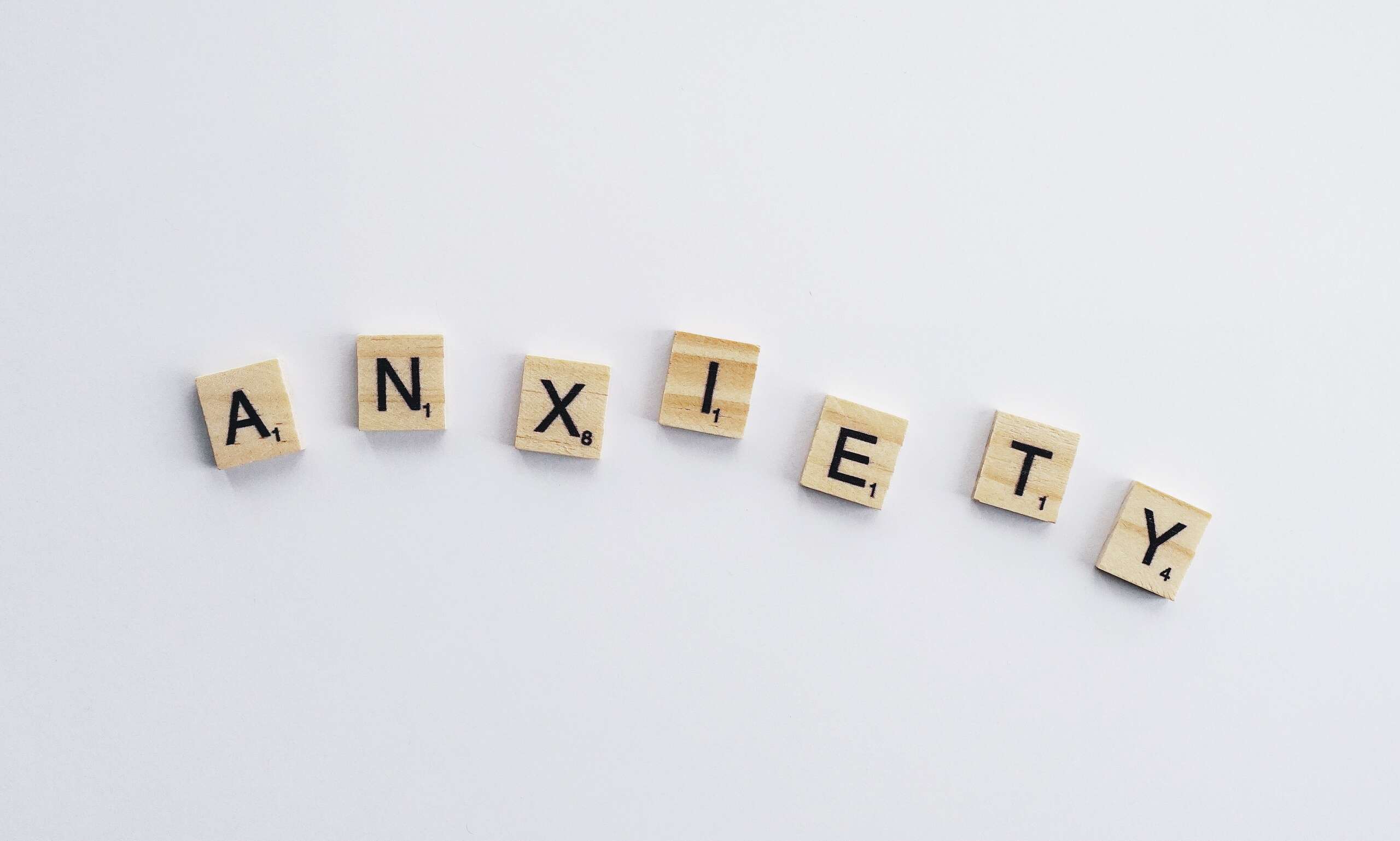Anxiety disorders is a mental health disorder characterized by feelings of worry, anxiety or fear that are strong enough to interfere with one’s daily activities. Anxiety Disorders are a group of mental health problems. They include generalized anxiety disorders, social phobias, specific phobias (for example, agoraphobia and claustrophobia), and panic disorders and some others. Depression is often related to anxiety disorders.
Anxiety disorders are the most common mental health conditions in the U.S. They affect about 40 million Americans. They happen to nearly 30% of adults at some point. Anxiety disorders most often begin in childhood, adolescence or early adulthood.
There are five major types of anxiety disorders, and they are:
Generalized Anxiety Disorder
Generalized Anxiety Disorder, GAD, is an anxiety disorder characterized by chronic anxiety, exaggerated worry and tension, even when there is little or nothing to provoke it.
Obsessive-Compulsive Disorder (OCD)
Obsessive-Compulsive Disorder, OCD, is an anxiety disorder and is characterized by recurrent, unwanted thoughts (obsessions) and/or repetitive behaviors (compulsions). Repetitive behaviors such as hand washing, counting, checking, or cleaning are often performed with the hope of preventing obsessive thoughts or making them go away. Performing these so-called “rituals,” however, provides only temporary relief, and not performing them markedly increases anxiety.
Panic Disorder
Panic disorder is an anxiety disorder and is characterized by unexpected and repeated episodes of intense fear accompanied by physical symptoms that may include chest pain, heart palpitations, shortness of breath, dizziness, or abdominal distress.
Post-Traumatic Stress Disorder (PTSD)
Post-Traumatic Stress Disorder, PTSD, is an anxiety disorder that can develop after exposure to a terrifying event or ordeal in which grave physical harm occurred or was threatened. Traumatic events that may trigger PTSD include violent personal assaults, natural or human-caused disasters, accidents, or military combat.
Social Phobia (or Social Anxiety Disorder)
Social Phobia, or Social Anxiety Disorder, is an anxiety disorder characterized by overwhelming anxiety and excessive self-consciousness in everyday social situations. Social phobia can be limited to only one type of situation – such as a fear of speaking in formal or informal situations, or eating or drinking in front of others – or, in its most severe form, may be so broad that a person experiences symptoms almost anytime they are around other people.
SYMPTOMS
Symptoms of Anxiety Disorders are usually self-diagnose, some symptoms include:
• stress that’s out of proportion to the impact of the event.
• Inability to set aside a worry and restlessness.
• Feeling nervous, restless or tense.
• Having a sense of impending danger, panic or doom.
• Having an increased heart rate.
• Breathing rapidly (hyperventilation)
• Sweating.
• Trembling.
• Feeling weak or tired.
• Trouble concentrating or thinking about anything other than the present worry.
CAUSES
Anxiety disorders are like other forms of mental illness. They don’t come from personal weakness, character flaws or problems with upbringing. But researchers don’t know exactly what causes anxiety disorders. They suspect a combination of factors plays a role:
Chemical imbalance: Severe or long-lasting stress can change the chemical balance that controls your mood. Experiencing a lot of stress over a long period can lead to an anxiety disorder.
Environmental factors: Experiencing a trauma might trigger an anxiety disorder, especially in someone who has inherited a higher risk to start.
Heredity: Anxiety disorders tend to run in families. You may inherit them from one or both parents, like eye color.
TREATMENT
Medications can’t cure an anxiety disorder. But they can improve symptoms and help you function better. Medications for anxiety disorders often include:
• Anti-anxiety medications, such as benzodiazepines, may decrease your anxiety, panic and worry. They work quickly, but you can build up a tolerance to them. That makes them less effective over time. Your healthcare provider may prescribe an anti-anxiety medication for the short-term, then taper you off or the provider may add an antidepressant to the mix.
• Antidepressants can also help with anxiety disorders. They tweak how your brain uses certain chemicals to improve mood and reduce stress. Antidepressants may take some time to work, so be patient. If you feel like you’re ready to stop taking antidepressants, talk to your provider first.
• Beta-blockers, usually used for high blood pressure, can help reduce some of the physical symptoms of anxiety disorders. They can relieve rapid heartbeat, shaking and trembling.
Psychotherapy, or counseling, helps you deal with your emotional response to the illness. A mental health provider talks through strategies to help you better understand and manage the disorder. Approaches include:
• Cognitive behavioral therapy (CBT) is the most common type of psychotherapy used with anxiety disorders. CBT for anxiety teaches you to recognize thought patterns and behaviors that lead to troublesome feelings. You then work on changing them.
• Exposure therapy focuses on dealing with the fears behind the anxiety disorder. It helps you engage with activities or situations you may have been avoiding. Your provider may also use relaxation exercises and imagery with exposure therapy.
If you enjoyed this article, kindly subscribe to this blog and leave a comment below in order to share your views on mental illnesses. stay safe.

The latest tips and article from vastblog straight to your inbox
Join 10,000 subscribers for exclusive access on our weekly newsletter on mental illness and lie in general.


